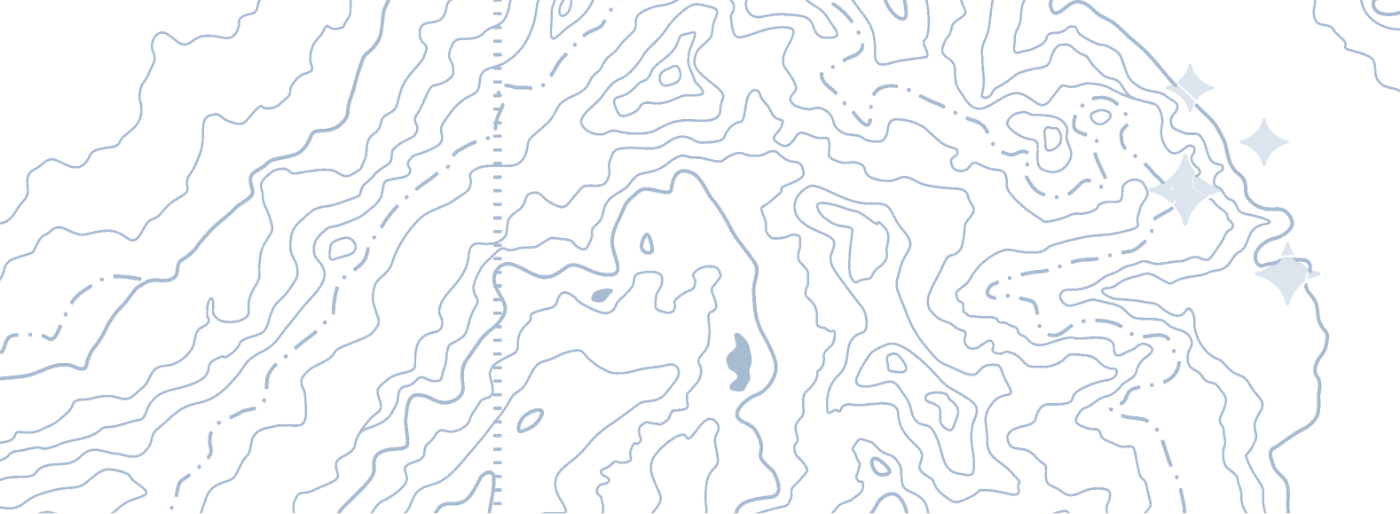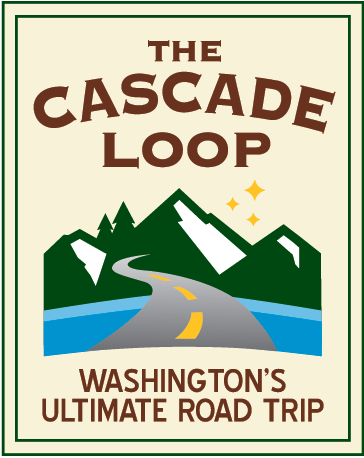



Winter brings a variety of activities around the Cascade Loop -- the mountains and eastern regions typically have snow from November to February, longer in the higher elevations. A visit to the western regions means mild weather and outdoor fun along the waters and parks.
Winter on the Loop takes on many forms, depending on where you visit. In the Eastern regions and the foothills of the Cascades you'll find snow and great winter recreation conditions, often into March. On the Western side you'll enjoy the kind of weather the Pacific Northwest is most known for -- sometimes foggy, sometimes drizzly, but always perfect for a warm fire and a good book, or a trek out to a beach, or a refuge along a river or meadow.
The North Cascades Highway closes in winter due to excessive snow, so note that when you plan to travel the Loop at this time of year, you need to plan to backtrack -- which we actually love because it allows us to hit our favorite spots twice!
It is especially important to keep an eye on the weather during the winter. Be sure to check the web cams and driving conditions of Stevens Pass: Web Cams and Pass Conditions – Stevens Pass
Be sure to check your emergency supplies and car conditions before you leave home. We have created a checklist for you to make sure you are ready for the trip: Prepare for Winter Travel – Be Road Trip Ready!
Each spring we anxiously await the opening of the North Cascades Highway which allows access across the northern Loop between the Methow Valley and the Skagit Valley. This link shows the history of opening and closing dates of the North Cascades Highway: Opening/Closing History
Hikers, skiers, snowmobilers and other recreationists can access the closed portion of the North Cascades Highway (SR 20) during the winter season. Users should park in designated parking areas to allow plow drivers the space they need to clear snow around the closed stretch’s access gates. Even though the Loop is not passable over SR 20 travelers should still be prepared for winter driving conditions. Since WSDOT closes this stretch of the highway due to avalanche risk, anyone using this area should check forecasts and be aware of quickly changing conditions in the mountains. Northwest Avalanche Center website is https://nwac.us/.
Travelers can also check conditions with North Cascades National Park before traveling to this area.
[WSDOT says] "We close the North Cascades Highway when weather, snow conditions and avalanche danger threaten the safety of drivers and our maintenance crews. Avalanches typically close the highway between late November and mid-December. Unlike US 2 Stevens Pass and I-90 Snoqualmie Pass, the North Cascades does not have facilities to perform avalanche control work to alleviate the condition. For the safety of the traveling public and winter maintenance crews, the pass must be closed."
Historically, SR 20 opens for the season in April or May, and closes in November or December - but it's really up to Mother Nature, so be prepared!




